Right now in the "Covid supervariant" hotspot Omicron: Dark, gloomy, and scary
The Omicron variant - a super mutant form of Covid-19 - has made the whole world bewildered. And in the city that is currently the hotbed of the new variant, the situation is looking bleak.
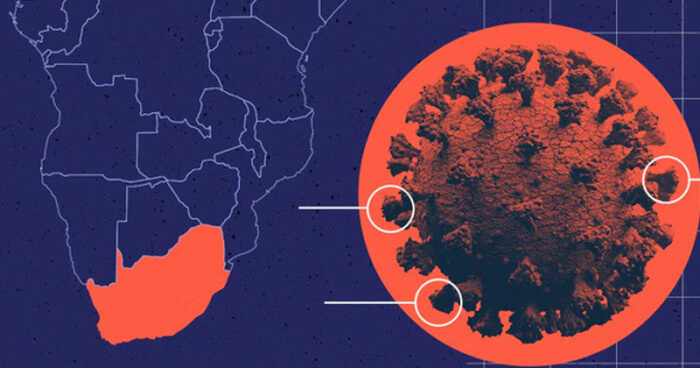 Source: Pinterest
Source: Pinterest
After many students tested positive for the virus, the university postponed the exam period, while the authorities rushed to urge everyone to get vaccinated - especially the group of young people who are delaying vaccination.
At TUT, not many people want to talk about the new variant. Many students here have not been vaccinated yet. Some people are considering it, but the school's immunization center is closed for the weekend.
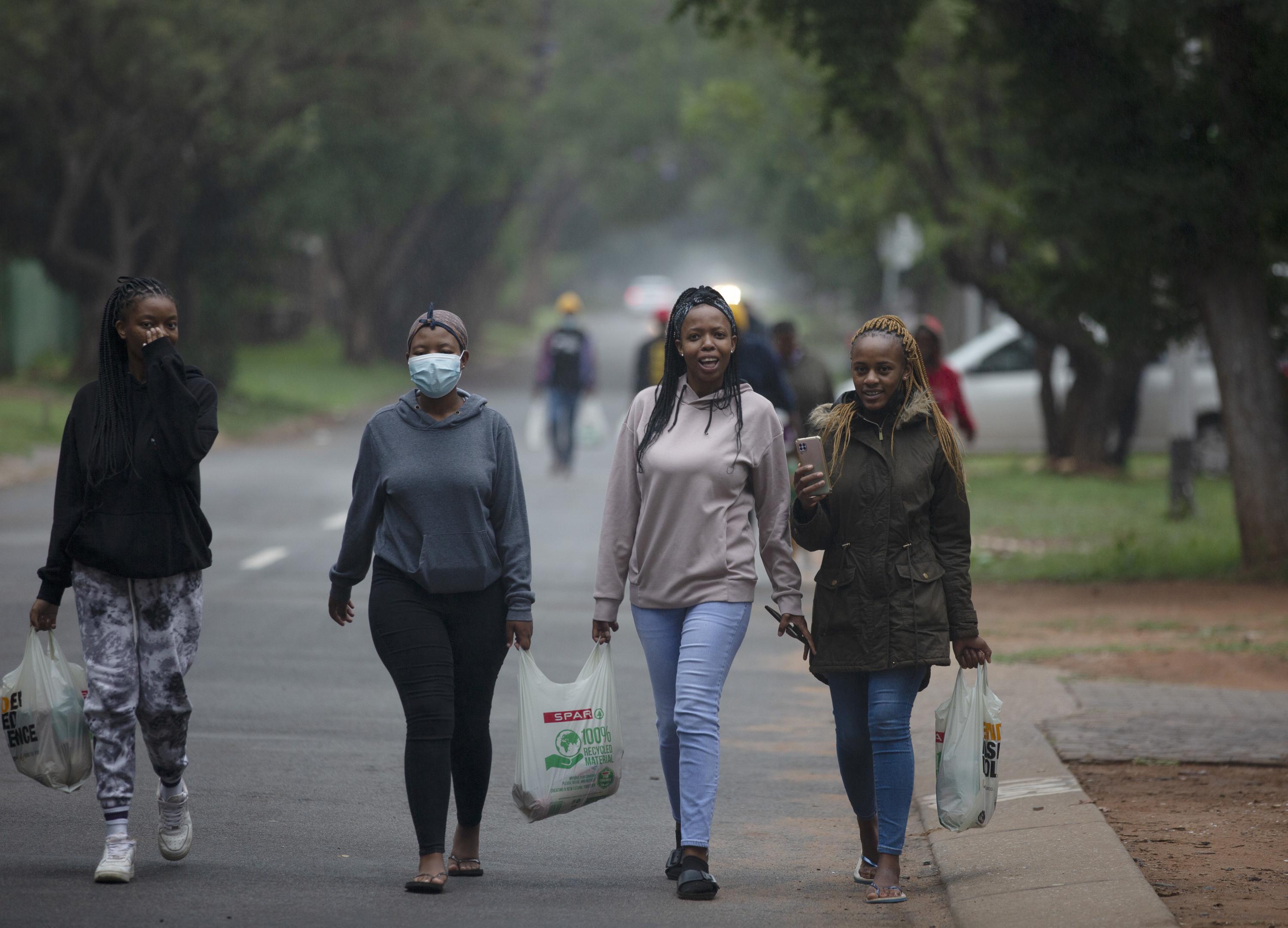 Source: AP News
Source: AP News
"I try to encourage them to get vaccinated to get rid of the virus that is killing people, the number is increasing day by day," - Zitha shared. "Looking at the media right now, people are getting the virus more and more. They have to get vaccinated."
Suddenly facing the "worst" variant
After nearly 2 years of living in the epidemic, the world is rushing to find a way to control the new variant that originated in southern Africa and is tending to spread worldwide. Countries quickly issued bans or restrictions on entry from Africa - a move strongly opposed by South African President Cyril Ramaphosa. In addition, epidemic prevention measures such as mandatory mask wearing have also returned.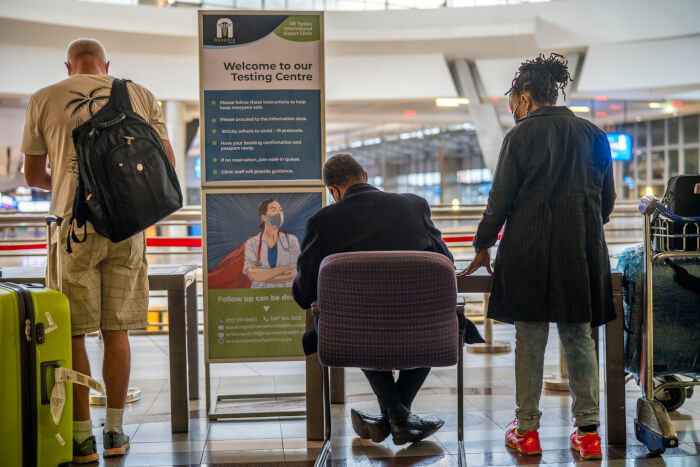 Source: Time of Isreal
Source: Time of Isreal
However, experts still hope that the vaccine will be somewhat effective in preventing severe cases and deaths.
Gauteng province - home to Pretoria and the largest city Johannesburg - is now in the center of a new wave of infections. Up to now, new infections have only shown mild symptoms, and the number of hospitalizations has not increased too sharply.
However, experts warn that the cases recorded are mainly in healthy young people. Things can be more serious if it affects the elderly and unvaccinated communities in South Africa. In total, only 41% of people over 18 have been vaccinated in this country, and the rate of new vaccinations is also very slow. At least three South African universities - including Cape Town, the Witwatersrand and the Free State - have announced mandatory immunizations for students starting next year. Experts say that more preventive measures are needed for this new variant.
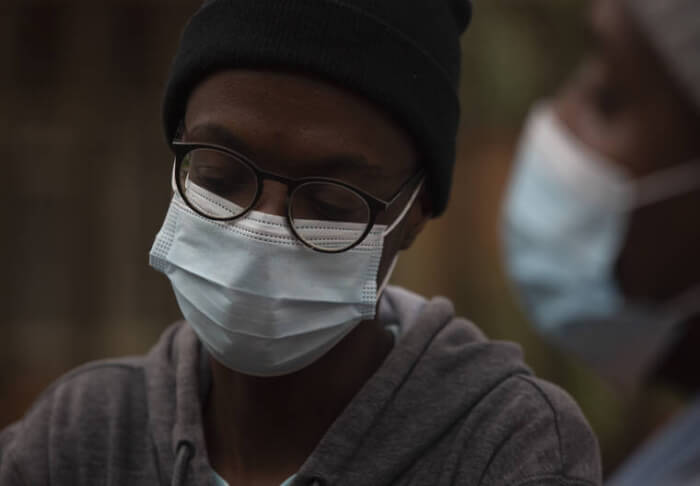 Source: Star advertiser
Source: Star advertiser
"I would like to urge all those who have not been vaccinated, go to the nearest center, do not delay any longer," - quoted Mr. Ramaphosa. "If a family member or friend hasn't been vaccinated, encourage them to get vaccinated now."
Unexpectedly contagious
The fact that there is a new outbreak is not surprising, but the speed of Omicron's spread has made South African health officials feel a complete shock.Although the number of infections is still low at the moment, they are increasing very quickly. The new outbreak began after a few student parties in Pretoria. The number increased from hundreds to thousands within just 1 day. On November 27, South Africa announced 3220 new infections - 82% located in Gauteng. However, it is still much lower than the previous peak - 25,000 cases / day.Tulio de Oliveira - South African expert said that 90% of infections in Gauteng are from the Omicron variant.
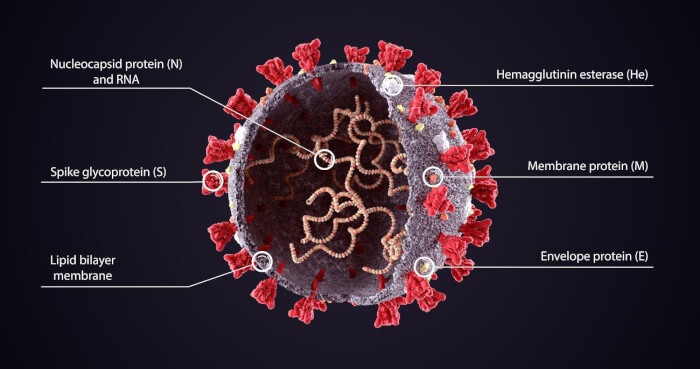 Source: News medical
Source: News medical
Although cases are mainly concentrated in Pretoria and Johannesburg, evidence suggests that Omicron has appeared in at least nine provinces of South Africa.
Returning to TUT, Nhrinhla Africa Maphosa, a 25-year-old student is still trying to accept information about a new strain, and what it means to students at the school.
"Just last week, they discovered that there were a lot of students who tested positive for Covid on the campus," - Maphosa shared. "We are not sure about this number, but we can see that the rate of students getting Covid is very high."
Share this article
Advertisement